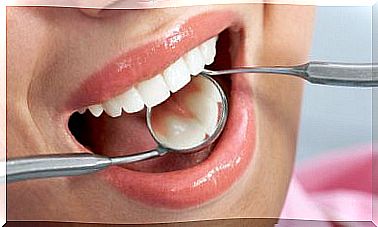9 Tips To Combat Fear Of The Dentist In Your Child
The six-monthly visit to the pediatric dentist should not inspire fear in children. But parents are key to not inspire unnecessary fear in the child before this preventive routine.
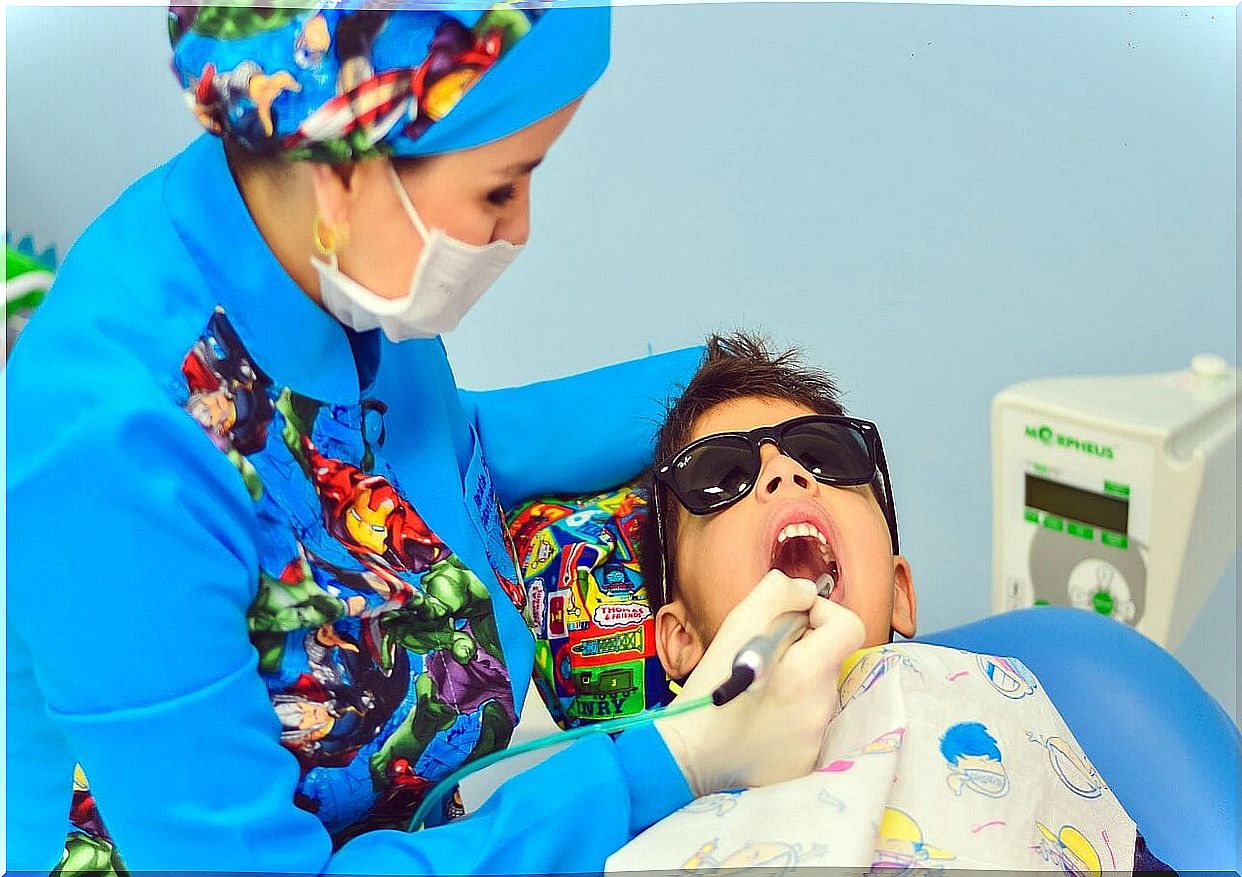
The fear of the dentist that a child who has never visited a dentist can have can only be instilled by the environment.
Grandparents, parents, and adults in general who share their experiences with the child, are the ones who can influence the appearance of a terror that in principle is unjustified.
Visits to the dentist should begin at an early age and before the first cavities appear. That is to say, being for simply preventive purposes, which can accustom children to this new and unknown situation.
The child’s fear of the dentist should not go beyond a natural fear of the unknown. However, here are some key tips for you to help your child calmly assume the visit to the dentist as part of their routines in favor of their oral health.
Tips to combat fear of the dentist
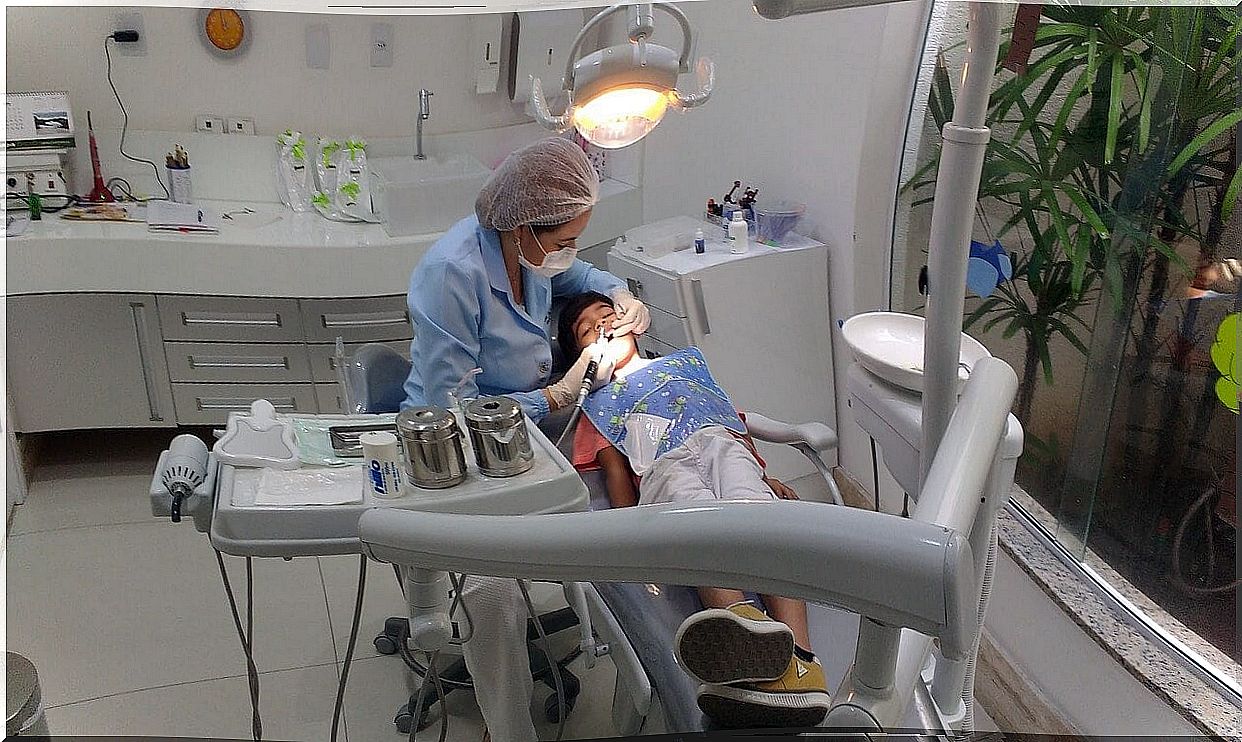
An oral health problem is preventable with a good brushing and grooming routine.
The visit to the dentist could become only for preventive purposes. But a young child who has not had the experience is illogical to be afraid of the dentist. Only if you have copied it from the parents.
1. Instill the habit from a young age
The first visit to the dentist should occur at 2 years. Usually it will be a preventive visit, to confirm that the teething process has finished well or is on the right track. Then a regular preventive visit could be done every six months.
We usually leave the dentist visit only when there is already a problem. This makes it more likely that there will be pain during the checkup or treatment, which can be the source of inspiration for fear of the dentist.
2. Promotes oral health
A child in good oral health will only visit the dentist for preventive reasons.
This guarantees that there will be no injections or dental treatments, which undoubtedly reduces any possibility of fear of the dentist.
For this, it is essential that we help our children to have a good routine for cleaning their baby teeth, even before the first tooth appears.
If your child is used to you checking and looking at his mouth, it will be a little easier for a stranger to do so.
3. Find a child specialist
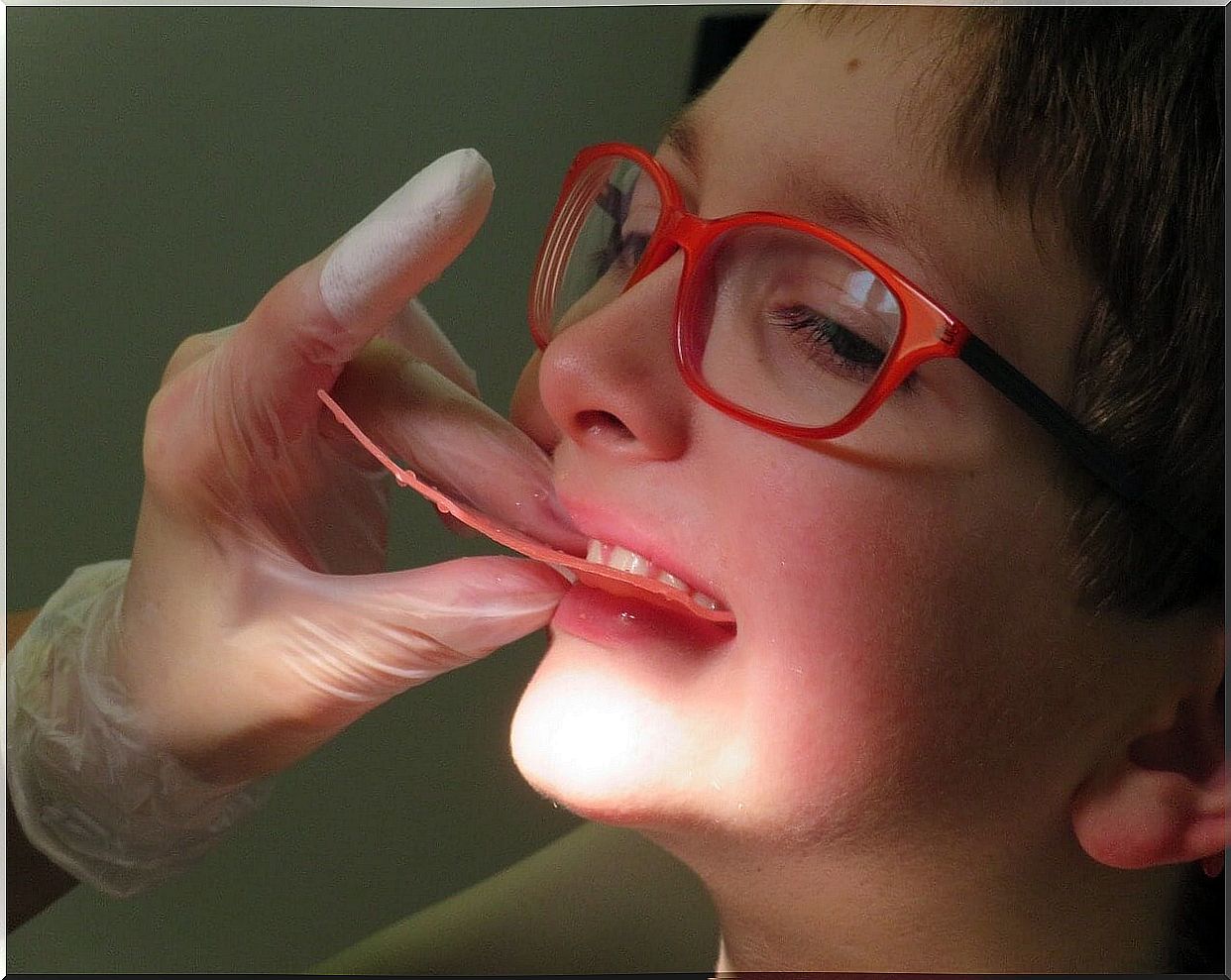
Ideally, while our children are children they can attend a pediatric dentist.
This specialist not only knows how to treat oral problems, but also has the physical and communicational tools to deal with children, and eventually their fear.
Once you make the first visit, check that your child feels comfortable with the specialist.
It is important that your child feels comfortable and confident with the pediatric dentist, as he or she will be the one to help him consolidate the good care of his teeth.
4. Speak up and practice first at home
Explain to your child clearly what they are going to do when they visit the dentist. Never take it under deception, threats or punishment.
If you instill fear in the dentist, you will make the experience very unpleasant, even for a simple preventive check-up.
Practice at home what is going to happen in the office. Turn the visit into a game for your child. Swap roles, first you are the dentist, then it is your son who checks your mouth.
This will help your child reduce any anxiety he may feel.
5. While you wait, play
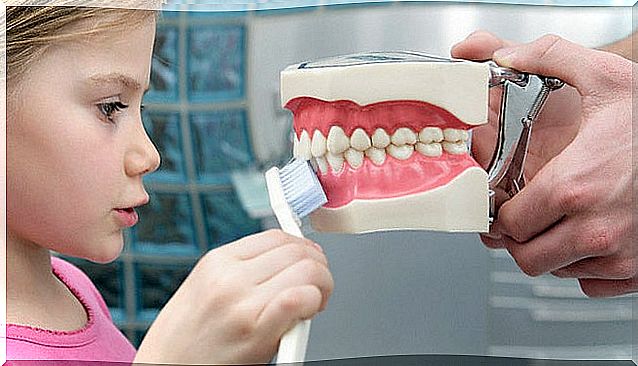
Bring toys or books to the dentist’s waiting room. Make waiting fun and entertaining for your child.
However, the ideal thing is that you do not arrive too far in advance. A very long wait generates fatigue and annoyance, which translates into discomfort when going to the office.
6. Take him to his own appointment
Avoid taking your child to an appointment where the dentist checks you first and then the child.
First, because you make the wait very long. Second, because if you are a parent with a fear of the dentist, that is what you will transmit to your child.
Ideally, the child should attend his own visit to the dentist, separate from the visit made by his parents.
7. Help the dentist on the first appointment
It is normal for the child to feel nervous or even cry on the first visit to the dentist.
In that first visit, you can surely go to the office to give your child confidence and provide support to the dentist as much as possible.
However, if at any time the dentist asks you to leave the office, it is better to do it calmly. Many children find that they behave better when their parents are not present.
8. Avoid bribes
There will be no shortage of people who recommend you to buy a gift for your child after attending the dentist. This can be effective but it is not healthy.
The visit to the dentist must be part of the preventive routines to maintain health.
Simply, at the dentist’s exit, congratulate your child. Give him a few words of encouragement for how brave he was.
You can give him a sticker or sticker with a smiley face like they do at school. At most a small toy, more symbolic than valuable.
9. Positive attitude to everything
The good attitude you have towards the regular visit to the dentist, during the wait and after leaving the appointment, is essential.
All this will mean that there is no possibility that the fear of the dentist will arise or inspire.
Talk to your child once they leave the consultation. Ask him what he liked the most and also what he didn’t like so much.
It lessens any chance that a negative memory remains. Encourage your child to continue taking care of their teeth so that dental visits are always preventive.




